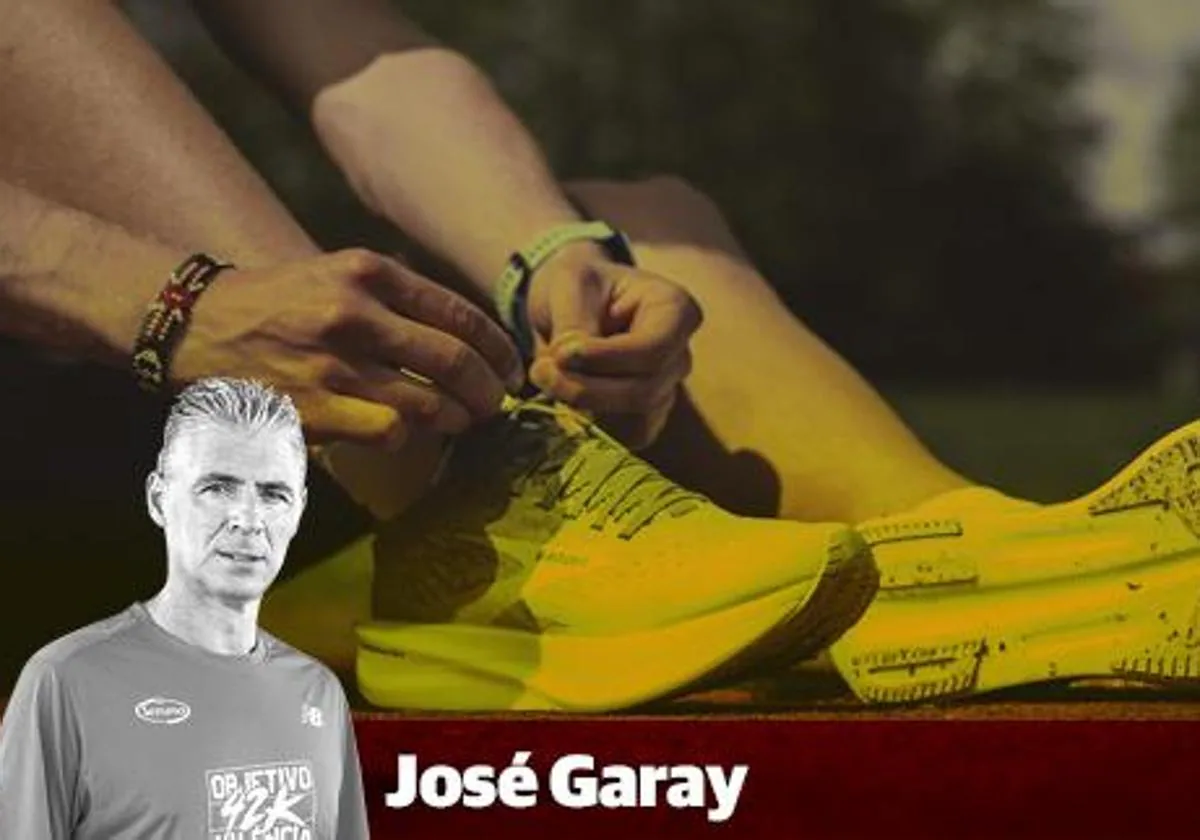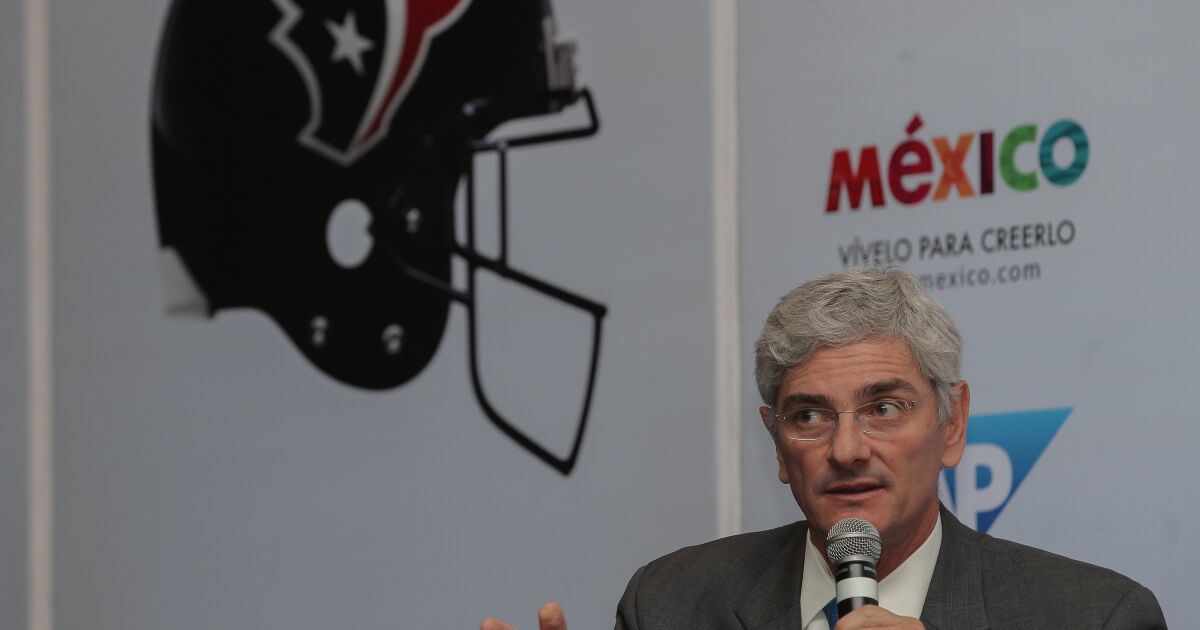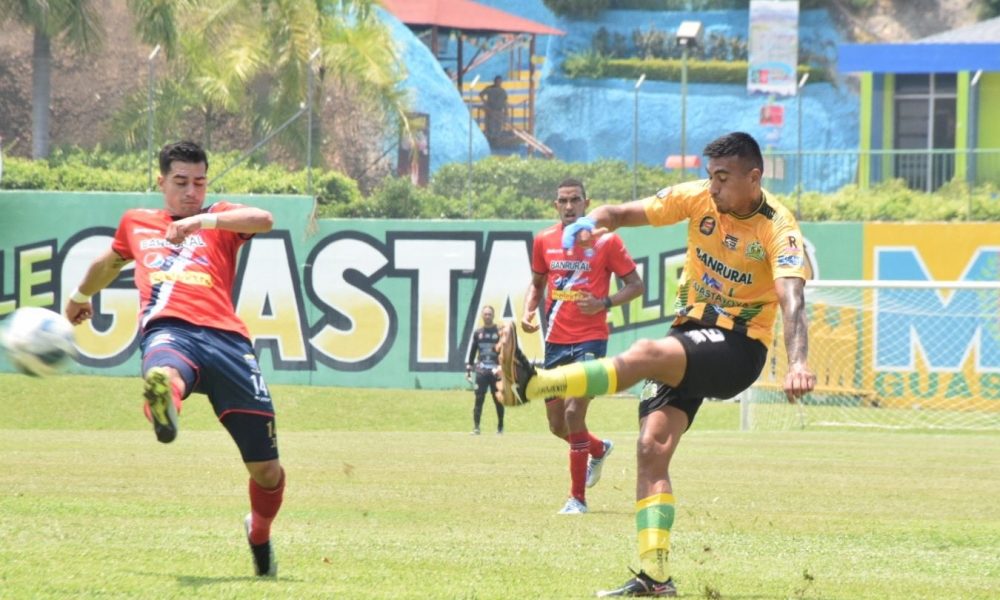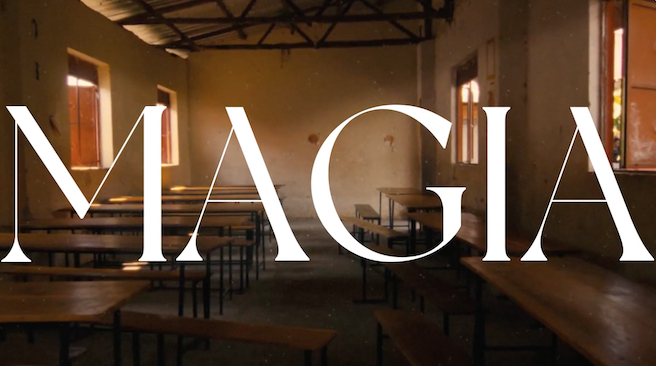Km.5 “Best Kept Secret”

We all find in our memories unique moments that can determine our professional and personal future. The magic that certain contexts and experiences exert is recorded deep within your being. The first major sporting event that I remember coming to mind from the Olympics that marked my passion for the sport was undoubtedly LA ’84. Composer John Williams’ music at the awards ceremony still resonates in my head with medals (Olympic fanfare and theme). Every time I listen to it I get excited constantly, I can’t help it. The Spanish delegation had a total of 5 medals and for sure basketball fans remember the final match of our team against young college students from the USA full of future NBA stars. Among them all was a very young Michael Jordan. I burned in my memory the 1500m final at the Athletics Stadium. For the first time in history, the Spanish Olympic delegation won a medal in athletics, led by Jose Manuel Abascal. He left behind the then-dominant Brits in distance Sebastian Coe and Stephen Cram. This feat marked the thousands of young men who wanted to emulate that amazing tartan-top step. On August 11, without knowing it, Abascal planted the seed of a Spanish midfielder who has given us many international successes. Specifically, this week an interview by the middle-distance runner went viral in which he reviews his personal and athletic life. I recommend that you enjoy it from start to finish.
Jordan and Fernando Martin in that final
EFE
With the benefit of your reading, I want to think about a specific aspect that makes a difference in athletic performance. When Abascal reaches the international elite, he realizes that in order to improve, he needs to do long periods of training in places where he is calm, peaceful, disconnected, well fed, and plenty of rest. Their concentrations are famous in the Picos de Europa, in the liva refuge at an altitude of 1,600 metres. One day we will talk about the benefits of altitude training. But what he was looking for above all was to have the necessary training conditions to increase his size and his ability to gobble up kilometres, in addition to getting as much rest as possible. With this combination you have the possibility of generating assimilation and adaptation on an organic, metabolic and structural level. Here comes one of the keys to progressing and improving the performance of all runners. You need to understand that the training load is made up of two components: exercise and activity, along with rest and recovery. Both elements cannot be out of balance. If I train too much and rest, my body will always be exhausted and tired and will not have the ability to improve. If I train too little and rest too much, my body does not generate enough stimulus to create adaptations. Therefore, it does not have the ability to develop and stagnation is generated in its progress.
The tendency for most runners, especially those who are just beginning and have little experience is the following. They have a belief and conviction that the more training they do, the better. Also if they do it faster they will still be more satisfied. This immobility over weeks and months does not create the expected adaptations. The runner begins to realize that something is wrong. It doesn’t have the same energy. Even in his practical activity he is more low key. In some cases, he can get injured, get tired in general, perform poorly in competition, and lose motivation. At this point, the athlete evaluates the need to reduce training volume and increase comfort. Well, in a few weeks, your body rejuvenates, you feel better again and your emotional state is more positive. I want to stress that in order to get better, you have to rest and recover between physical work sessions. On the other hand, the rest is proportional to the training being carried out. If I am very demanding of my body because I am preparing for a competition such as a marathon, I will necessarily have to structure my time to increase rest periods.
We cannot be in the 365 days of the season with the same level of physical and mental demand. This situation generates a lot of wear and tear and is impossible to sustain over time. It is very important to create different phases of the year with some detachment. In planning terms we call them transition stages. In these periods we will put competition aside. It’s time for other sports. We will make the training methodology very flexible. We must incorporate these moments throughout the year. It is absolutely essential to have a good stability and balance that helps us blend in with other personal commitments. If we want to keep our performance sustainable and not stop running, we must strictly maintain these rest periods. Remember that our energies are not renewable, give it a try. Do not waste on them and take care of your comfort as much as possible.
The global fund is dominated by African athletes from countries such as Kenya, Ethiopia and Uganda. Many researchers have been living in their training grounds and doing studies trying to see if they really do have different genes, which would make them an advantage over the rest of the planet. Its environmental and cultural conditions are very suitable for long-distance runners. They train at altitudes of more than 2,000 metres. They have large training groups of different levels. The training structure is well designed and the trainers are very experienced. The diet is rich in carbohydrates. Being a professional athlete, he enjoys a lot of social standing and helps them with their family’s finances. His energetic style and muscular frame has a good knack for doing many kilometres. They have a lot of ability to work and are extremely highly motivated. We can list other features that make its performance exceptional. But there is nothing really different about genetics, metabolic system, or physiology.
Kenyan athlete Kibut Candy
EFE
The professionals and technicians who work with them tell us that what makes the difference to the rest of the world’s professional athletes is their comfort and recovery. His lifestyle and habits are completely focused on training and his subsequent assimilation. They live without work worries, they are away from social networks, they don’t need luxuries around them and they are very modest in their basic needs. They have a great sense of solidarity and help each other constantly during training. They feel the support of their peers and together they enhance their interpersonal skills. After completing the training, they spend time resting and talking in very nice natural environments until the next session. They do not engage in stressful activities, they try to calm down and do not generate personal problems. That is, there is no jealousy or emotional conflicts. They perform cleaning tasks and in some cases food. In this way, days, weeks and months pass until the planning is completed before the sports goals. There is no doubt that this way of living allows them to do great training, have a lot of persistence, bulk up, and focus hard every day on their activity. When they manage to put together several years with this discipline and philosophy of life, we find ourselves in front of completely extraordinary runners. Many European, American and other athletes from other parts of the world have decided to train in these African countries to copy the business model and escape from the constant physical and emotional noise of Western societies. They went in search of peace, quiet and serenity. But they went above all to rediscover the athlete they carry within. The demands of a professional runner are very high and high performance just means training and rest.
Don’t hesitate, on many occasions your best workout is a good rest. When you are in certain phases of a high workload, complex personal situations, and an eventful schedule, you need to have the ability to adapt your training to all of these situations. Remember that there should always be a balance in the workload. On many occasions, because of all these factors, it is more appropriate to go out and shoot smoothly, rather than doing a series that requires more energy. It will be more productive for your body. That is why training is a very rational business that requires the athlete’s self-knowledge. Only when you are able to do the right thing at all times can you improve. Do not be afraid and when it is necessary to use the handbrake in your sporting activity, do so firmly. Because on many occasions, less is more.

“Reader. Beer practitioner. Web expert. Subtly charming travel geek. Friendly music specialist.”











